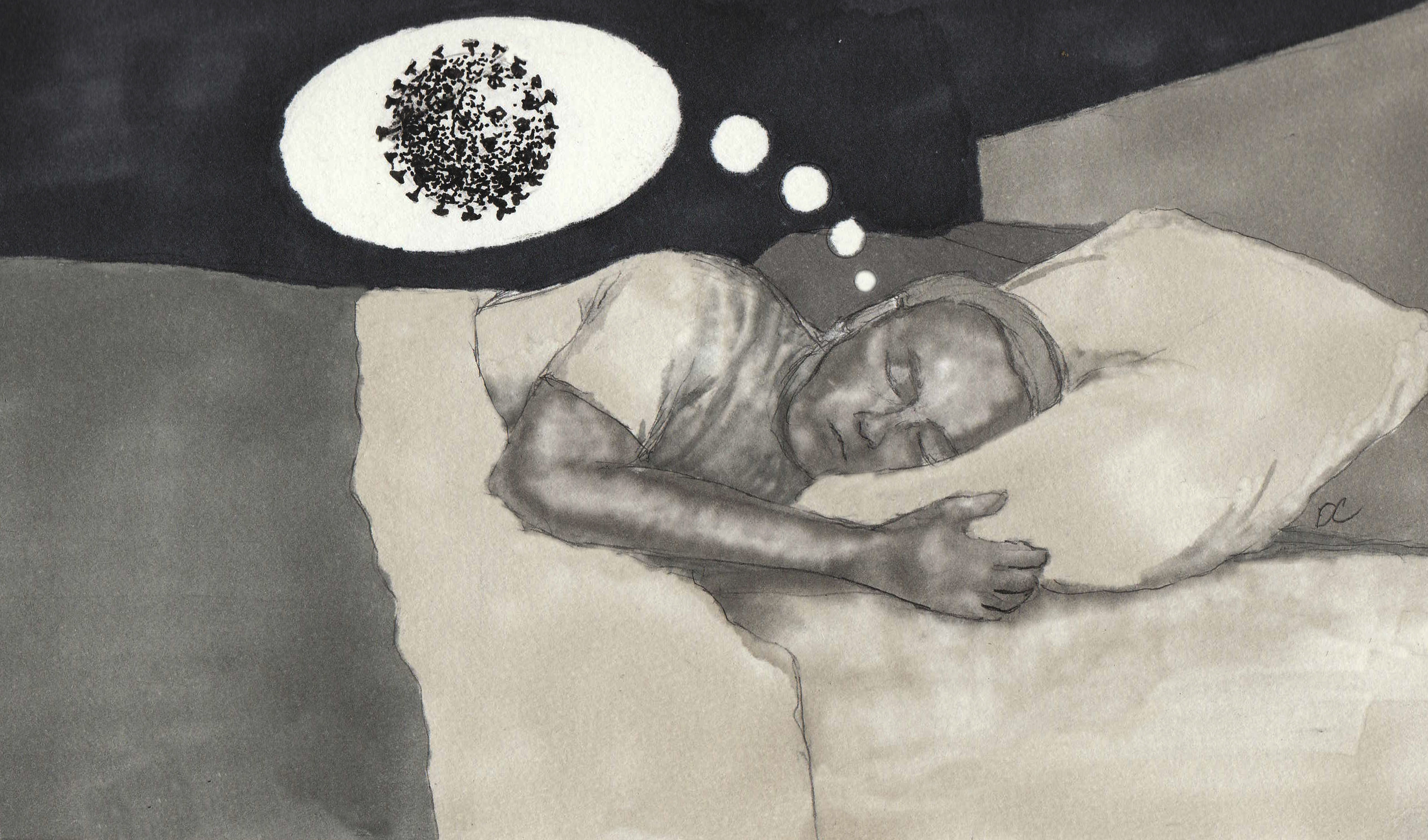Manitoba Premier Brian Pallister warned government appointees Feb. 1 if they travel outside of designated zones “for leisure purposes,” they will be terminated. This is a new stance taken nearly a year into the pandemic and following many examples of government leaders breaking the very rules that Manitoban citizens are instructed to follow.
Up until this point, when politicians or other government appointees have been caught travelling to vacation destinations, they faced public shaming from social media and the wider press, as well as criticism from their colleagues from opposing political parties.
Many of us can empathize with the restlessness that corrupted the decision-making of our out-of-touch politicians, but now is not the time to let “COVID fatigue” dictate our decision-making — unfortunately, there is still no clear end to this pandemic in sight.
Nearly a full year after the first COVID-19 case in Manitoba, there are over 3,000 active cases reported, and vaccinations aren’t expected to be administered to the lowest age group — ages 18 to 29 — until late August, or even later, depending on supply.
It’s a natural response for those who have followed the restrictions diligently to feel anger or resentment toward others who are travelling and putting community health at risk — we are all desperate for this nightmare to end. Sometimes I find myself thinking, have we still not shamed rule-breakers into compliance?
However, as evidence from past pandemics and disasters has shown, shaming does not work to change human behaviour in the long run. Just look to our leaders — so many upper-level government employees indulged in unnecessary trips that they had to be threatened with job loss. No public shaming could curb their jet-setting ways.
Shame is one of the five survival emotions — accompanied by fear, anger, disgust and sadness — that activate stress hormones and tend to make people defensive and aggressive. When people are shamed, they feel as though their identity is being questioned as opposed to realizing that they are engaging in behaviour with negative consequences.
In the midst of a pandemic, feelings of fear, sadness and even anger are in no short supply and adding shame to the list is a short-sighted approach that materializes poor results.
We cannot assume the reason someone is breaking a COVID-19 law or guideline, so immediately showing them aggression should be avoided when positive results are desired.
That being said, it’s still important that the rules are followed for everyone’s safety.
As of now, the only way for Canadians to get back to the pre-mask social norms is to focus on behaviour and fighting our own “COVID fatigue,” while encouraging our neighbours to combat the fatigue with us.
As tiresome as it may be to see a maskless person on the bus or posts from a friend hosting a party — how some individuals don’t get this by now is a modern mystery worth a book in questions — focusing on the community aspects surrounding COVID-19 might help your own resilience while also strengthening it for those around you.
Emphasizing the fact that everyone you come into contact with will meet with many other people is a good way to visualize how fast COVID-19 can spread and should force you to choose social interactions wisely.
It’s not always emphasized in our cultural landscape that we coexist as part of one larger community, but our collective actions have widespread impacts. Following the COVID-19 guidelines allows us to maintain some control over our health while also being a positive example in our community. Leading by example is a more positive way to change behaviour than shaming.
It’s impossible to measure whether an elderly community member or a person with an immune disorder will be directly protected by your decision to stay home, but making that choice is one of the only ways to ensure that you are not causing them unintended harm.
We cannot account for the actions of others, even the people we elect. So, instead of pointing fingers, try turning the conversation around and show compassion and concern.
We still have a long road ahead. Maintaining our safety is important, but so is our sanity.


